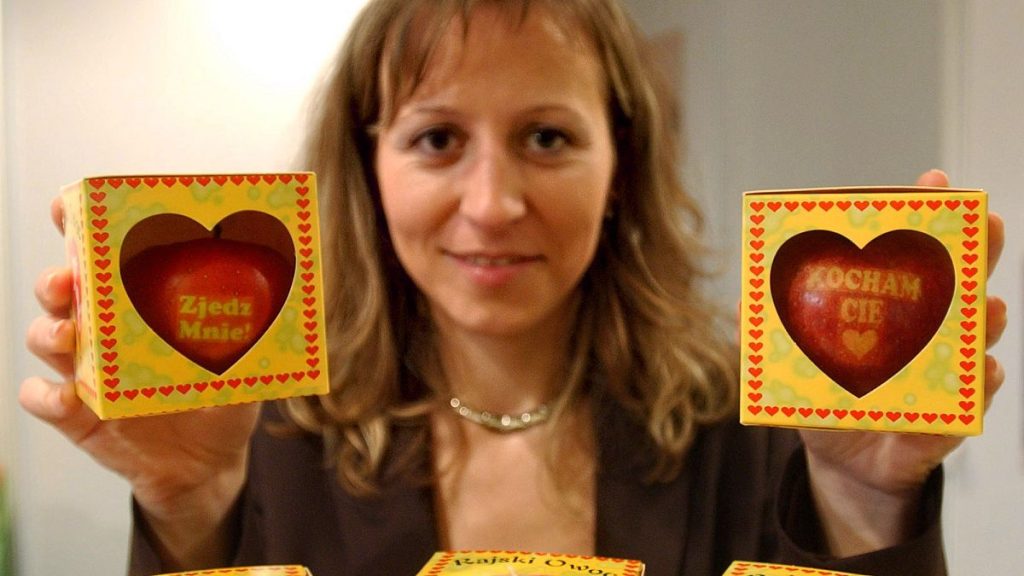Poland’s upcoming presidency of the Council of the European Union, a rotating six-month term held by each member state, will spotlight a symbolic representation of the nation’s agricultural prowess: the humble apple. This choice resonates with Poland’s history, economy, and even its acts of defiance. From the orchards of the Grojec district, renowned for their EU-protected geographical indication apples, to the tables of EU dignitaries in Brussels and Warsaw, the Polish apple will take center stage. This is not merely a culinary delight; it’s a carefully chosen emblem intended to convey a message about Poland’s identity, strength, and place within the European community. The apple reflects Poland’s leading role in European apple production, its agricultural heritage, and its resilience in the face of adversity.
The tradition of symbolic representation during EU presidencies is well-established, with nations often choosing emblems that encapsulate their national character or political priorities. Past presidencies have featured diverse symbols, ranging from Estonia’s futuristic robot mascot to Hungary’s politically charged slogans. Belgium, during its 2023 term, opted for a chocolate logo, ceremonially cracked and shared among EU leaders, highlighting Belgium’s renowned chocolate industry. Poland, in its 2011 presidency, showcased its strawberry production, another demonstration of the nation’s agricultural strengths. The choice of the apple for the upcoming term builds on this tradition, using a familiar and readily available product to represent Poland on the European stage.
The selection of the apple is deeply rooted in Poland’s agricultural landscape. As the leading apple producer in Europe, Poland boasts an annual output of 4 million tons. These apples are not just consumed domestically; they are a significant export commodity, reaching markets across the globe, from neighboring Germany and Romania to distant destinations like India, Saudi Arabia, and the UAE. The Grojec district, with its unique terroir and cultivation practices, produces apples of exceptional quality, recognized by the EU’s protected geographical indication status. This designation underscores the distinct characteristics of Grojec apples and their importance to the region’s economy.
Beyond its economic significance, the apple also holds a symbolic weight for Poland, particularly in the face of political pressures. In 2014, Russia imposed a ban on certain Polish fruit and vegetable imports, including apples, in retaliation for EU sanctions related to the annexation of Crimea. This act, aimed at crippling a key sector of the Polish economy, inadvertently sparked a wave of national pride and resistance. Poles rallied around the apple, transforming it into a symbol of defiance against external pressures. Social media campaigns, using hashtags like #jedzjabłka (“Eat Apples”) and the Facebook page #EatApplesToAnnoyPutin, went viral, mobilizing support for Polish farmers and highlighting the cultural and economic importance of the fruit.
The apple, therefore, represents more than just a delicious agricultural product for Poland; it embodies resilience, national unity, and a commitment to standing firm against external challenges. Its selection as the symbol for the EU presidency serves as a reminder of this episode and reaffirms Poland’s determination to uphold its values and interests on the European stage. The apple, once a target of political maneuvering, now becomes a symbol of strength and national pride.
By choosing the apple as the emblem of its EU presidency, Poland effectively combines its economic prowess with a potent symbol of national identity. It serves as a reminder of the country’s agricultural significance within Europe, its resilience in the face of adversity, and its commitment to playing an active role in shaping the future of the EU. The apple, once a simple fruit, becomes a powerful statement about Poland’s place in the European landscape.

